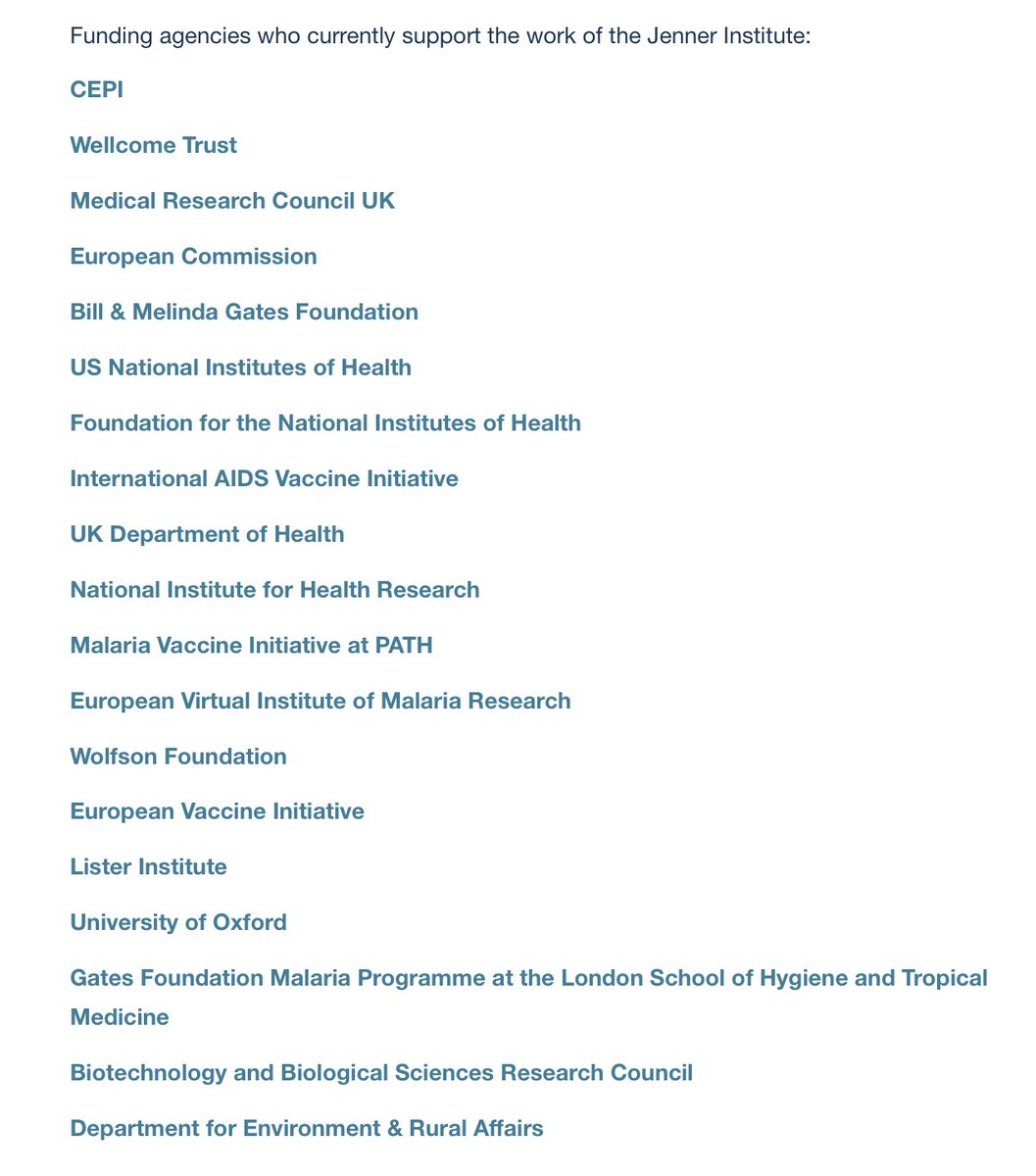
Yesterday’s news: German agency connects AZ to risk of blood-clotting. Unscientific! They put everyone at risk! Today’s news: How brilliant UK doctor linked blood-clotting to AZ, rightly wanting to raise awareness of a risk. /1
theguardian.com/society/2021/a…
theguardian.com/society/2021/a…
Now the thing is this: the doctor is brilliant. The work is worthwhile. And the German work is mentioned as “The German group had quite a lot of experience with this particular condition.” It’s not the scientists that messed up here. It’s the journalists. Sorry folks. /2
But besides the sheer frustration of a storyline changing so quickly, I think there’s a lesson to draw here: a lesson of how quickly Brexit established a boundary in the mind. /3
Leavers AND remainers empathised so quickly, so completely with “their” agency over ”other” agencies that the outcome could only be: our agency says no connection, so an agency that sees a connection must be unscientific. /4
Apparently nobody bothered to ask scientists working in the field. Regulators. To find out things like we read now “The German group had quite a lot of experience with this particular condition.” /5
But the thing that scares me most is that this distinction actually makes sense in a world that’s interconnected. The AZ risk is very low - so low that in most age groups vaccination with AZ has a thoroughly clear benefit. /6
And the availability of AZ is different in the UK and in Germany - which makes Germany’s more stringent limits rational. And it is then again rational for UK regulators to fear that this has some impact. So now we are in a circle of discrediting each other /7
Curiously, some people now say: it was never about the link. It was about the risk. This is from March 15 bbc.com/news/uk-563975…
I should add one additional consideration: this automatic identification with “your” side is entirely normal - and trade people can tell you a lot about it. Some examples:
Take GIs. Italians consider it a fundamental rule of justice that only Parmesan from the right region is Parmesan. Anything else might be cheese. It’s not parmesan. Americans, with similar conviction, say that that is wrong.
Europeans love their precautionary principle. Anything else is sheer insanity and way too risky. Americans hate it and regard it as unscientific.
Beer and the German Reinheitsgebot. Who has the best plug. Etc. etc. It was, maybe, just a matter of time...
I did not think it was necessary, but apparently it always is: I am decidedly not criticising the UK vaccine rollout. I am a big fan of how it is going. And also very happy about it.
• • •
Missing some Tweet in this thread? You can try to
force a refresh



